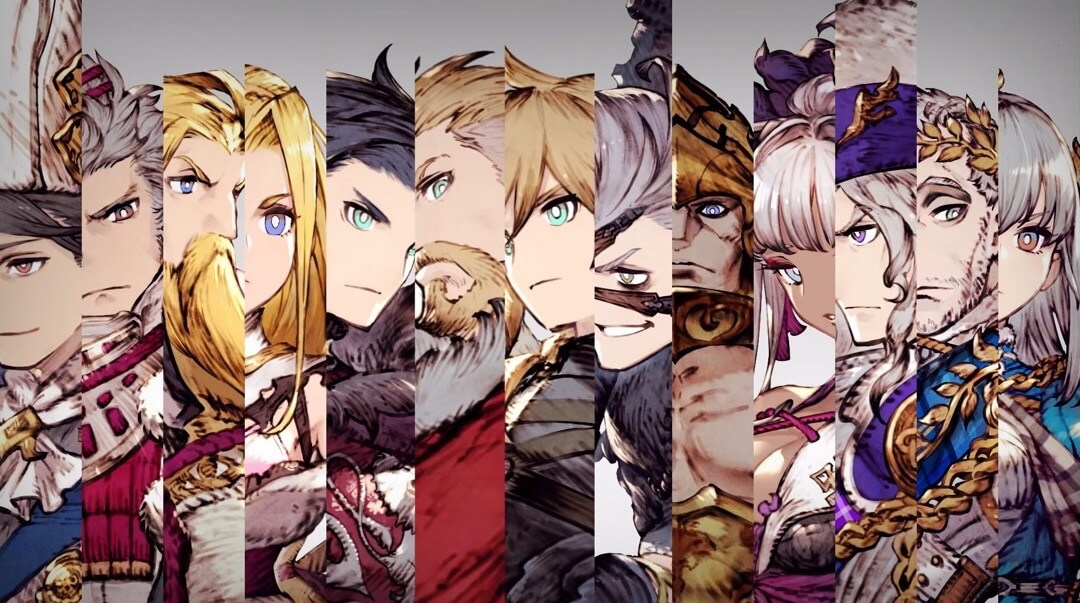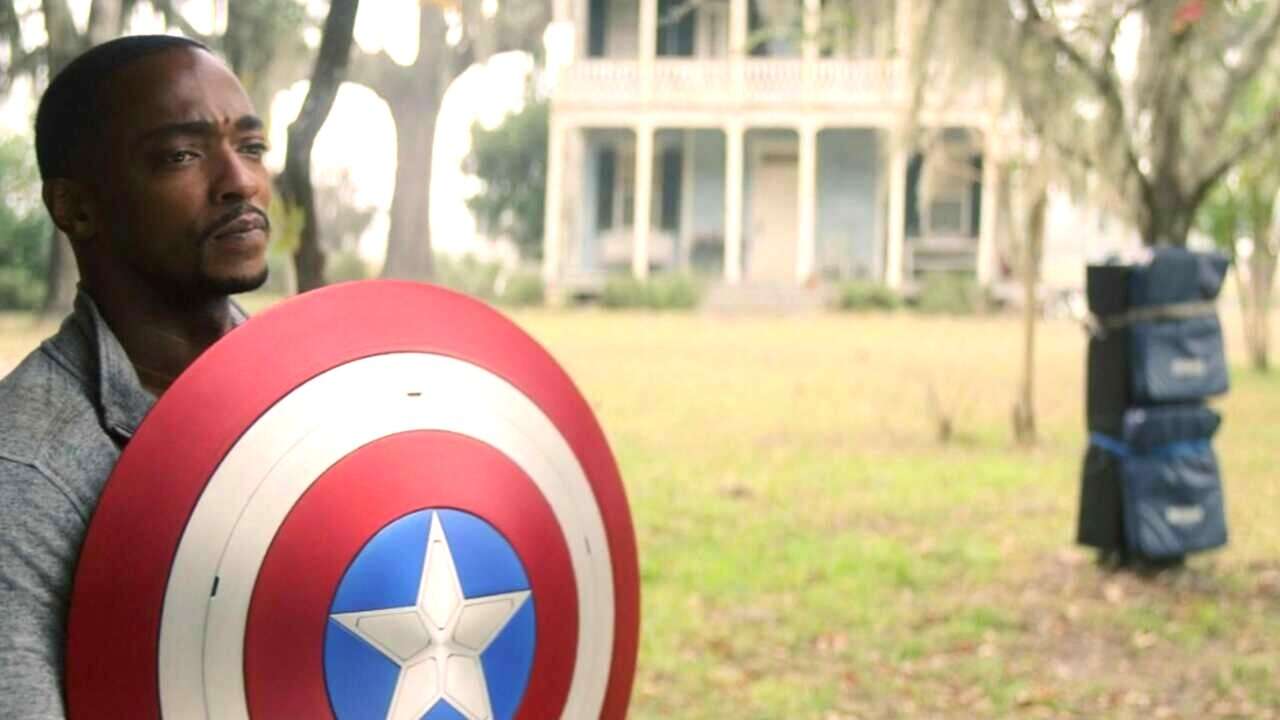Much like my hunter, I first heard of Yharnham through its reputation. Through tales woven by those either mystified or horror struck by the events that took place within that once grand city. More often than not, however, it was some intriguingly bizarre mixture of both. Also like my hunter, I arrived in Yharnam late–just past its glory days and just before the birth of something new. Fortunately for me, that something new was not eldritch horrors, but rather the next entry in developer From Software’s long line of Soulsborne titles: Elden Ring.
Despite Elden Ring’s launch looming when I began Bloodborne back in January–or perhaps because of it–I decided the Lovecraftian land of blood loss and horrifying behemoths would be my introduction to the studio’s games. It was my hope that, through patience and keen observation, I could gnaw through the somewhat unapproachable and highly inaccessible game to reach its marrow. That, like so many before me, I could find virtue and meaning in a game filled with virtueless people resigned to meaninglessness.
I was, admittedly, anxious, nervous, and every other kind of -ous possible about playing a game renowned for its difficulty, and so I soon realized the best way for me to learn was not to repeatedly throw myself up against walls and into the maws of demonic beasts. Instead, I decided to seek out a bit of guidance. Now, being a woman who plays games, I’ll admit there’s a strong reluctance to accept help when it comes to video games burrowed deep within me. I’m no expert, but I largely suspect this defiance might have something to do with being told from a very young age that I’d just never be as good at games as my masculine counterparts.

Bloodborne’s Dark Beast Paarl
All that said, the first challenge I truly had to overcome in Bloodborne was admitting I both wanted and needed help. The second, and far more difficult one, was being okay with that. Little did I know that by accomplishing these two feats, I would discover that, for as much emphasis on individualism as there is in most of From Software’s games, what would stand out the most to me was how warmth, humility, and companionship is treasured in the studio’s titles. The reminder that, while the world can be a cruel place, you’re not alone in it.
So, prior to starting Bloodborne, I turned to one of my closest friends (who also happens to be a huge From Soft aficionado) to assist me. Luckily for me, he jumped at the opportunity to revisit one of his favorite games. I didn’t know much about how co-op worked in Soulsborne games–I didn’t realize there were limitations regarding where I could summon him for help and that, even with his assistance, there were parts of the game I would have to face alone. But regardless, we got on voice chat, I pressed the button to share my screen with him, and began my journey through the plagued city.
Thanks to his aide and coaching–his reassurances that he still struggled while fighting Orphan of Kos and definitely needed a friend the first time he attempted Father Gascoigne–the vicious city of Yharnam became a place that filled me with more resolve than fear. Every shriek of surprise I let out when an enemy got the upper hand on me was followed by laughter, and every death was followed by a surge of determination rather than anger. For the first few bosses, I relied upon his assistance heavily, cursing under my breath at the sections where I had to navigate the ruined city myself and praying the summoning bell would light up and allow me to call him over sooner rather than later. However, I soon reached a few areas where, despite my best efforts, the bell would not permit him to assist me.
The first battle I fought by myself was one against two invaders stationed just to the right of a great cathedral. Despite being warned it was a tough one, I bested them on my first attempt, and the sense of satisfaction I felt in that victory cannot be understated. I couldn’t believe I did it. Me. A person whose hand-eye coordination I’d always joked was best suited for turned-based RPGs and grid-based tactics games. After that, I navigated Yharnam with a new sense of confidence and my head held a bit higher. I even made the call to take on a few other big bads by myself as well, including the game’s final boss. In my eyes, I was now finally playing Bloodborne. What I did now counted. I was proving myself. However, as quickly as I adopted this mentality, I realized I didn’t really know (or even care for) the people I was supposedly proving myself to.
So much work goes into invalidating how people play games–what difficulty they play them on, if they earn that coveted Platinum, if they “cheesed” their way past a particularly tough boss or not, if they picked that character in a fighting game… Don’t get me wrong, I’m all for personal growth and players seeking out challenges because they are intrinsically motivated to do so. But what I soon realized was, above all else, I was letting what I had been told was “the right way to play Bloodborne” completely dismiss the experience I was having with it. After realizing that, my frustration grew even larger. In what world where co-op exists as a major tool within a game can it be said that using that function makes your time spent with it cheap? Why had I–and countless others who struggle with these games–let that become a school of thought we subscribe to?

Inside one of Bloodborne’s cathedrals
Even more interesting is just how ingrained the idea of “jolly cooperation” is in From Software’s games, yet by and large they are viewed as cruel and isolating experiences. In Elden Ring, I have bested three bosses with the assistance of an NPC harboring a personal grudge against said boss. In the Dark Souls series, Solaire, Siegmeyer, and Black Iron Tarkus have all been elevated to fan-favorite statuses because of their relationship with your character and the aid they offer you. For years, From Software has been rewarding players for helping others get through its game’s more brutal battles–with some even remarking on how joyful the experience is. In all the Soulsborne games, friendly (and oftentimes quite funny) messages and roaming spirits of other players illuminate dirt roads and blood-stained streets, serving as a reminder that you are not alone in your struggle–that you’ve got this. Despite my preconceived notions and the amount of toxicity that might come from the most vocal sects of From Software’s fanbase, these games–at least to me–feel just as much a celebration of how the many can help make one strong as they are a celebration of how one person can lend their strength to many.
From Software’s games deserve better than being gatekept–resigned to a life locked away from intrigued players save for the few deemed worthy enough to possess the key. Summoning friends and NPCs–a core mechanic found within each of From Software’s games–makes these titles accessible to me. If you’ve been struggling with them, I highly encourage you to try the same. It’s also made me better at the games in general, providing me with training wheels I can take off when I feel a bit more at ease. So often, the worst conversations around these games boil down to, “They’re hard, just get better or get over it.” They fail to recognize that everyone’s definition of “hard” differs dramatically and, perhaps just as importantly, how much more satisfying it is to offer tools and guidance that empowers others and share the media you love rather than patrol it.
For me, “getting good” at a Soulsborne game and the virtues doing so bestowed upon me took an unexpected form. Despite being told time and time again that success in From Software’s games relied upon individual excellence–that these games forged great players using even greater flames–I found myself rediscovering the value of humility and companionship above all else. In fact, it was through the light of these attributes, rather than that of the flames of adversity, that I found my resolve and ability–that I became empowered. By playing Bloodborne and utilizing the game’s cooperative mode, I “got good” (or at least decent-ish), ignited a love for the game greater than I had anticipated, and walked away with a valuable reminder that the world is oftentimes a dark and cruel place, but I’m never powerless or alone.
Source: Gamespot






















